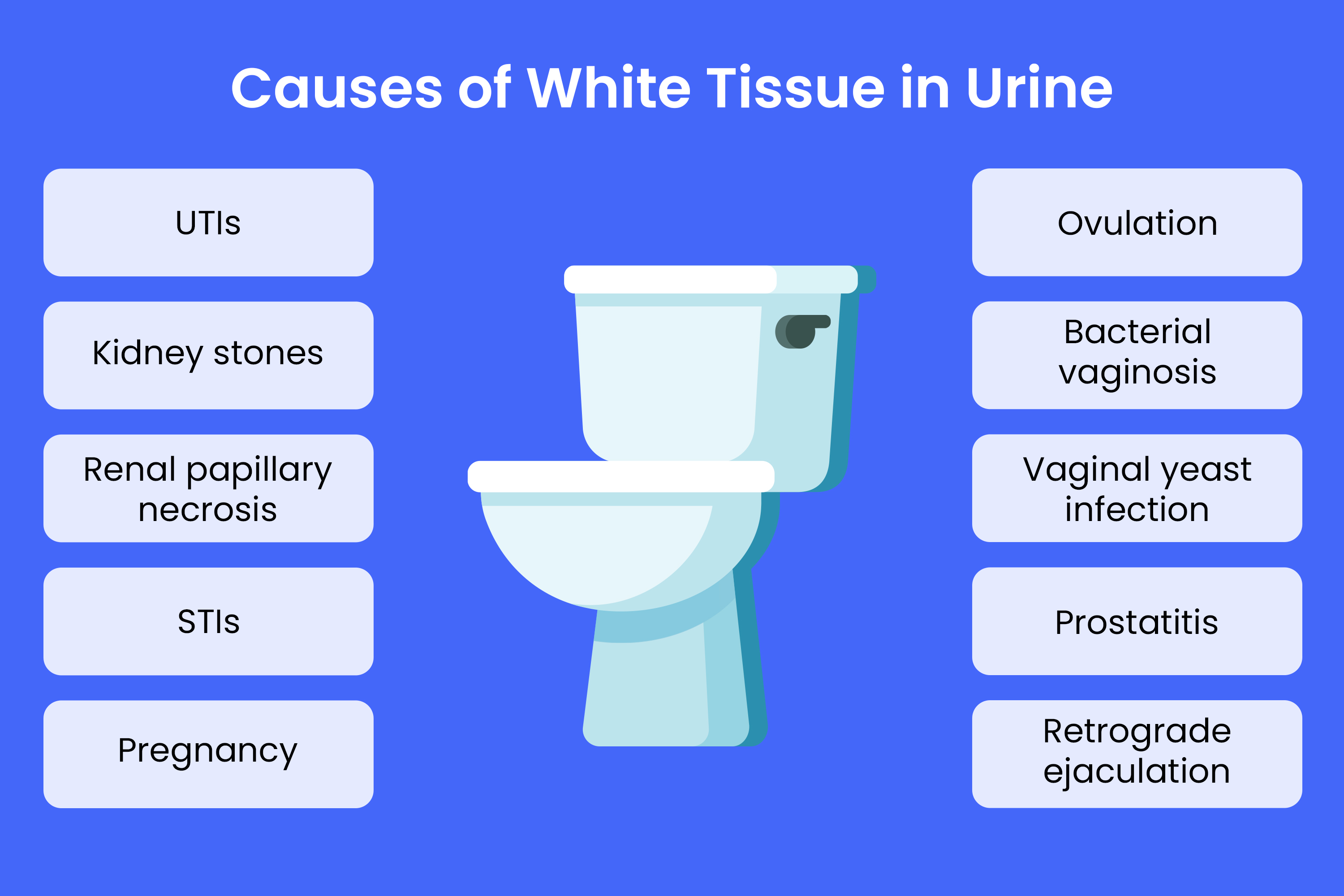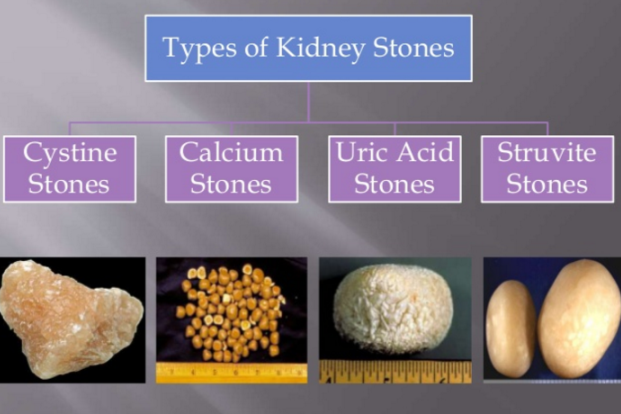Kidney Stones vs UTI: Expert Insights on Manifestations, Diagnosis, and Administration
Kidney Stones vs UTI: Expert Insights on Manifestations, Diagnosis, and Administration
Blog Article
Exploring the Manifestations and Causes of Kidney Stones in Comparison to Urinary System Infections: A Comprehensive Overview
The exploration of kidney stones and urinary system tract infections (UTIs) exposes an intricate interplay of signs and underlying reasons that warrant cautious examination. While both conditions can cause hematuria, they offer distinct scientific attributes and arise from different etiological variables. Understanding the nuances of each condition is critical for effective diagnosis and administration. What are the vital differences in their symptoms, and exactly how might these notify therapy approaches? The answers to these concerns might supply essential insights into the prevention and care of these common urological problems.
Summary of Kidney Stones
Kidney stones, also referred to as renal calculi, form when certain substances in the pee crystallize and accumulation, bring about the growth of tough down payments within the kidneys. These stones can vary in size, varying from a grain of sand to a golf round, and can be made up of different materials, the most common being calcium oxalate, uric acid, struvite, and cystine. The development of kidney rocks is influenced by several factors, including nutritional routines, liquid intake, and genetic proneness.
Signs and symptoms of kidney stones may consist of extreme pain in the back or side, blood in the urine, nausea or vomiting, and constant urination, particularly as the rock relocates with the urinary system. Diagnosis generally involves imaging researches such as ultrasound or CT scans, together with urinalysis to identify the rock's structure.
Treatment alternatives vary based on the dimension and kind of rock, in addition to the severity of signs and symptoms (Kidney Stones vs UTI). Little stones might pass naturally with raised fluid consumption, while larger stones might need medical treatments such as lithotripsy or surgical elimination. Comprehending the pathophysiology and risk aspects connected with kidney rocks is necessary for effective avoidance and administration
Review of Urinary System Infections
Urinary system infections (UTIs) are usual microbial infections that affect any type of component of the urinary system, consisting of the kidneys, ureters, bladder, and urethra. They predominantly occur when germs, commonly from the stomach system, enter the urinary system, leading to inflammation and infection.
The occurrence of UTIs is significantly greater in females than males, primarily due to anatomical differences, such as a shorter urethra. Danger aspects consist of sex-related task, particular contraceptive approaches, urinary system retention, and dehydration. The medical diagnosis of UTIs is usually validated via pee examinations, which might disclose the visibility of microorganisms, leukocyte, or red cell.

Symptoms of Kidney Stones
The pain related to kidney stones can manifest in numerous means, commonly leading people to seek medical focus. One of the most usual signs and symptoms is serious pain, typically local in the reduced back or side, which may emit to the abdominal area or groin. This more information pain, often referred to as sharp or cramping, can take place unexpectedly and may rise and fall in strength.
Additionally, people might experience hematuria, or blood in the pee, which can range from microscopic quantities to visible staining. This sign may be come with by modifications in urinary system routines, such as enhanced regularity or seriousness, as well as pain during peeing. try this Nausea and throwing up are also widespread, typically resulting from the body's response to intense pain.
In many cases, individuals might experience fever and chills, specifically if a secondary infection establishes as a result of the obstruction triggered by the rocks. Overall, the combination of serious discomfort, hematuria, modified urinary system patterns, and gastrointestinal signs can offer considerable understanding into the presence of kidney rocks, necessitating prompt medical examination and treatment. Understanding these symptoms is important for prompt medical diagnosis and effective management of the condition.
Signs of Urinary System System Infections
Infections within the urinary system system often present a range of unique signs that can substantially influence day-to-day live. One of the most usual symptoms include a persistent urge to urinate, frequently accompanied by a burning sensation during urination, referred to as dysuria. Individuals might additionally experience increased regularity of peeing, generating tiny quantities of pee each time.
Other noteworthy symptoms include foul-smelling or over cast pee, which might suggest the presence of bacteria or pus. In some cases, pee might appear red or pink due to the visibility of blood, a problem called hematuria. Furthermore, individuals might experience pelvic pain or pressure, which can further exacerbate the sensation of seriousness.
Systemic symptoms might additionally materialize, such as fever, cools, and tiredness, especially if the infection has actually risen to the kidneys. It is necessary to recognize these signs and symptoms early, as untreated urinary system tract infections can lead to extra serious complications. Kidney Stones vs UTI. Motivate medical attention is encouraged when these signs are observed, permitting proper diagnostic analysis and treatment to alleviate pain and prevent more health concerns
Reasons For Each Problem
Often, kidney rocks and urinary tract infections emerge from unique yet sometimes overlapping reasons that can affect people differently. Kidney stones typically develop as a result of metabolic elements, nutritional choices, and hereditary proneness. Enhanced degrees of calcium, oxalate, or uric acid in the urine can cause rock formation. Dehydration, inadequate liquid intake, and high-sodium diet plans can aggravate these conditions, promoting formation within the urinary tract.

Comprehending these distinct causes is crucial for avoidance and therapy. Kidney Stones vs UTI. While way of life adjustments may mitigate the threat of kidney rocks, proper hygiene and prompt therapy of urinary system tract infections are vital for reducing their reoccurrence and linked complications
Final Thought
In summary, kidney rocks and urinary system tract infections existing distinct signs and underlying reasons. Kidney stones are identified by severe discomfort and metabolic factors, while urinary system infections primarily include microbial infections leading to urinary seriousness and pain.
The exploration of kidney stones and urinary system tract infections (UTIs) exposes an intricate interplay of signs and underlying reasons that warrant careful assessment.Urinary system tract infections (UTIs) are typical microbial infections that influence any part of the urinary system, consisting of the kidneys, ureters, bladder, and urethra.Regularly, kidney stones and urinary tract infections develop from distinctive yet in some cases overlapping causes that can impact people differently.In summary, kidney stones and urinary system infections existing distinctive symptoms and underlying causes. Kidney stones are defined by serious discomfort and metabolic variables, while urinary system system infections mainly entail bacterial infections leading to urinary necessity and discomfort.
Report this page